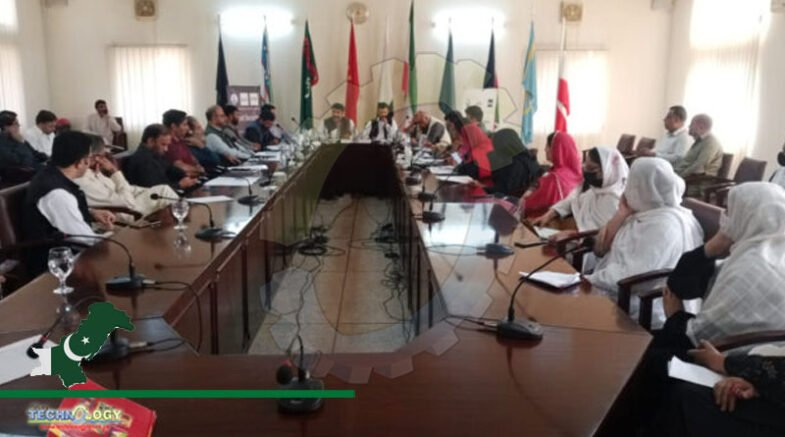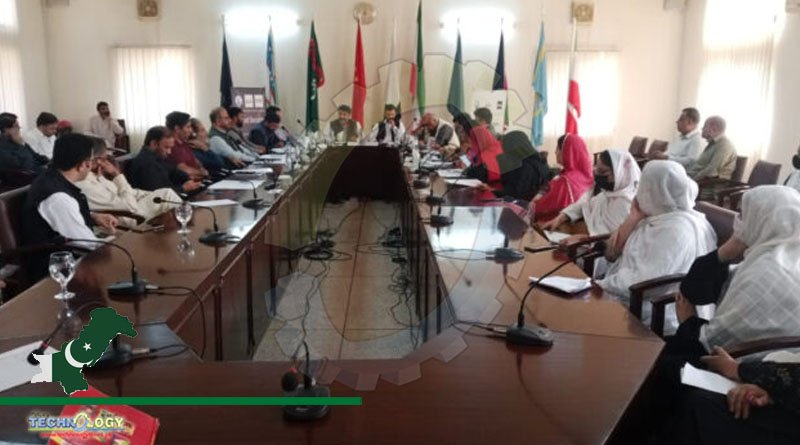The IPRI, in collaboration with the IRS, Islamabad and the University of Peshawar, held a roundtable on “Population and food security”.

The Islamabad Policy Research Institute (IPRI), in collaboration with the Institute of Regional Studies (IRS), Islamabad and the University of Peshawar, held a roundtable on “Population and food security”.
The roundtable was organised at the Area Study Centre (ASC), University of Peshawar, where the audience consisted of students and faculty members.
The speakers of the roundtable mentioned that increasing numbers of people often drive up demand for food, which typically results in additional use of arable land and water. This is especially true in the absence of adequate food production technology and integrated programs that simultaneously address community needs for food and reproductive health.
ASC Director Professor Shabir Ahmad Khan held the opinion that the major causes of food insecurity are population growth, declining water supply and increased prices of fertilizers. The shortage of cultivated land in Khyber Pakhtunkhwa (KP) along with the building of housing societies has further exacerbated the situation, he said.
KP has to additionally provide food to tribal districts and to Afghanistan as well, professor Khan said, while suggesting that Pakistan needs to diversify the crops production like Uzbekistan.
Agriculture University of Peshawar, Human Nutrition Department, Chairman Dr Zia Uddin said that food security is the basic human right, and nutritious food was essential for brain development and physical growth.
KP government Halal Food Authority Director Technical Dr Abdul Satar Shah opined that to improve the quality of food, a multi-sectoral approach, involving academia, research, industry and farmers was the need of the hour. The agricultural land utilised for houses is a loss and a control needs to be maintained, he remarked.
Agriculture Institute, Peshawar Agriculture Office’s Rizwan referred to the positive steps undertaken towards agriculture production. He informed the audience that 200 new agriculture officers were hired. Besides, fertility mapping has also started in KP, and roughly 400,000 samples are being analysed.
University of Peshawar ASC Assistant Professor Dr Ahmed Farhan Saeed questioned the link between population and food security.
Originally published at Bol News
